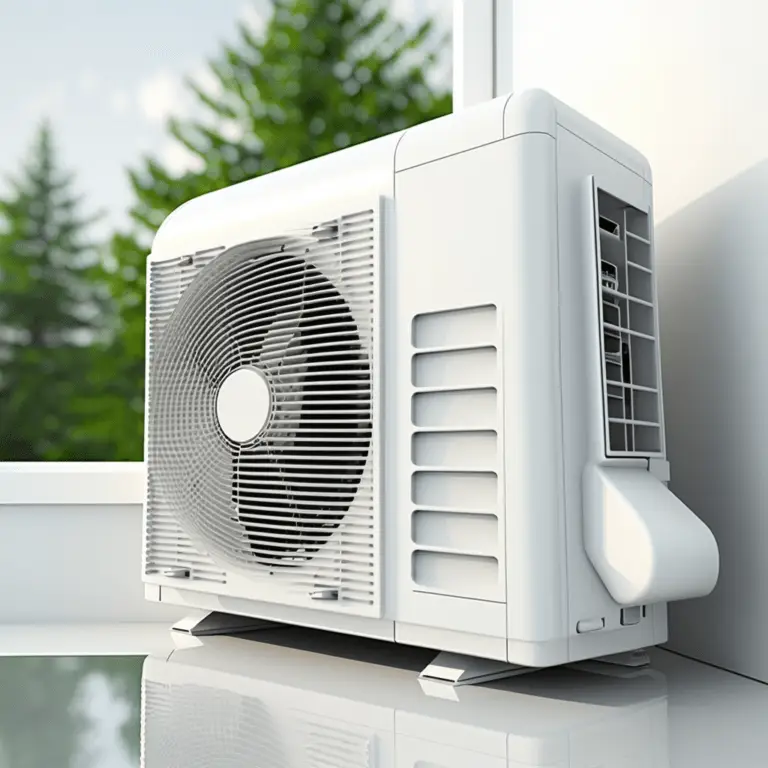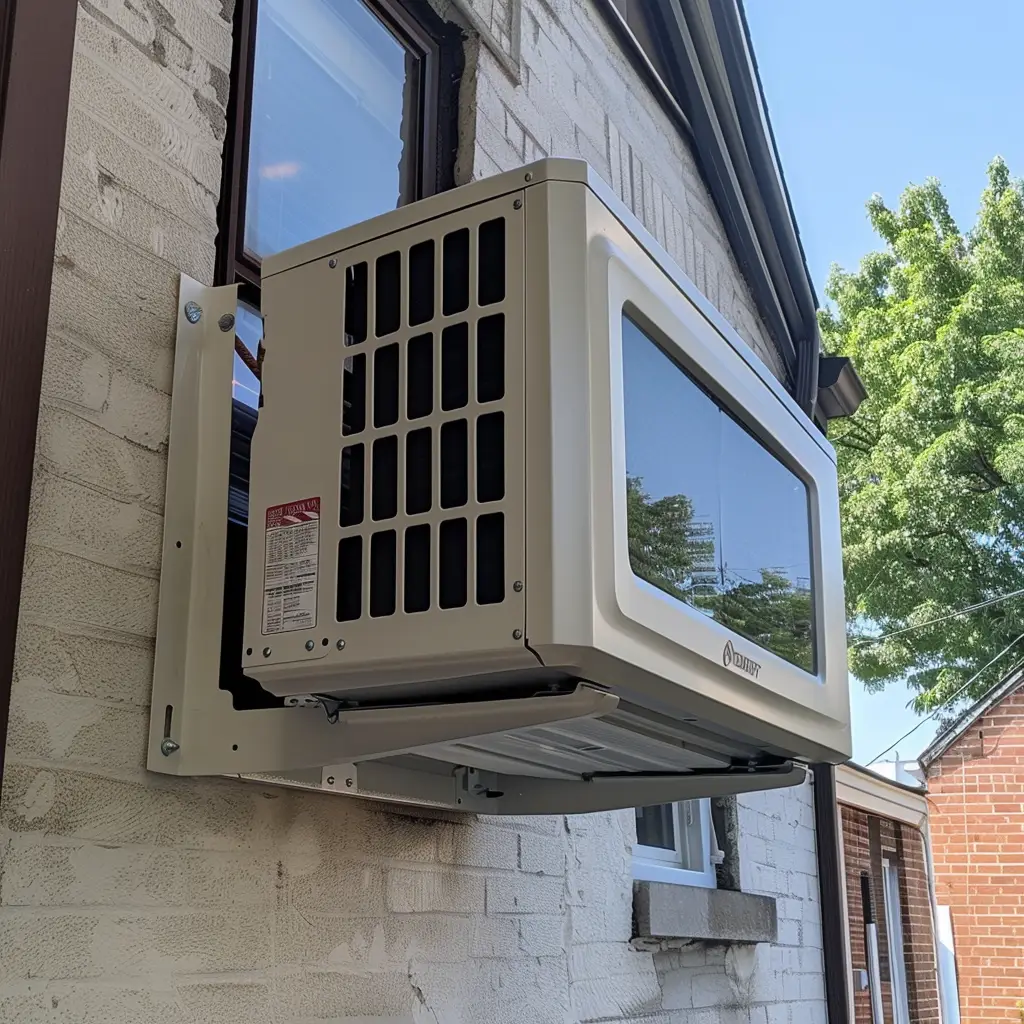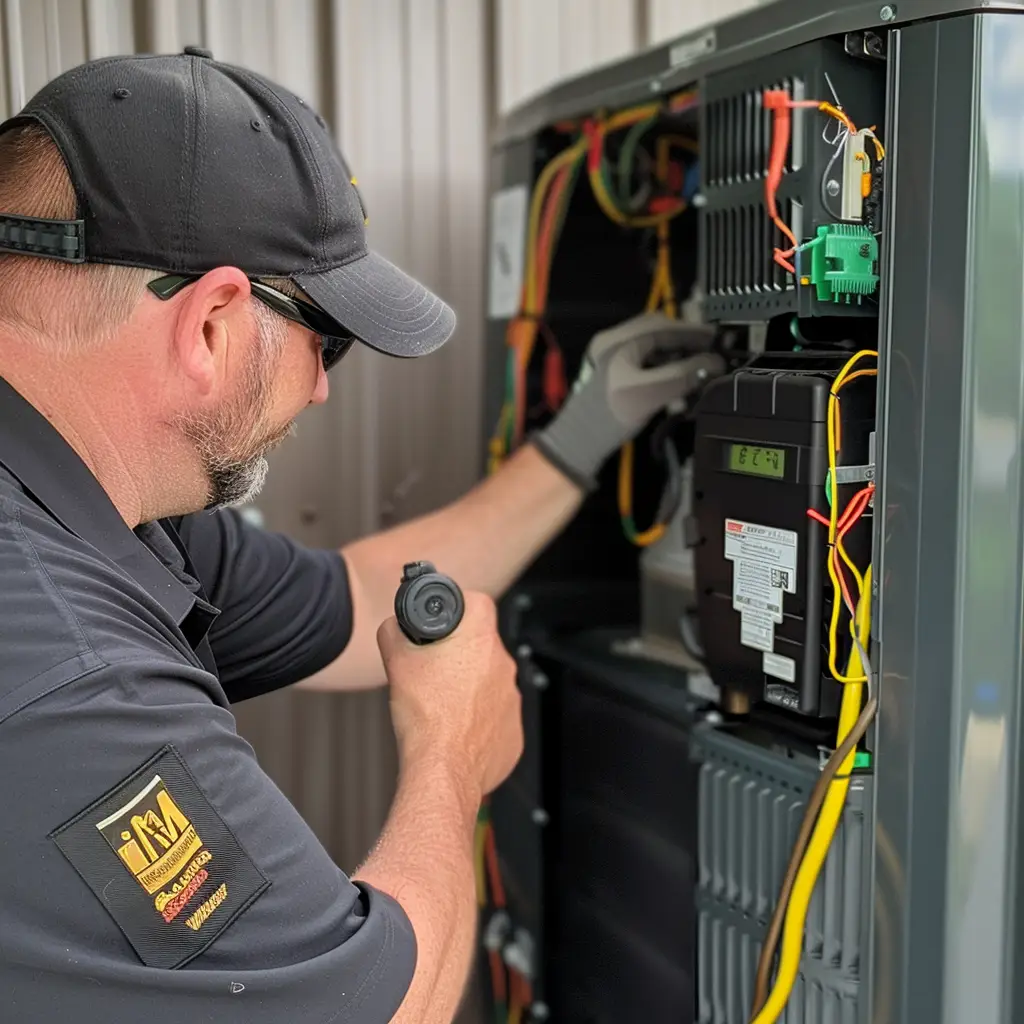Importance of AC Systems in Homes
Air conditioning (AC) systems play a crucial role in providing a comfortable living environment in our homes. With increasing temperatures and unpredictable weather patterns, a reliable and efficient AC system has become a necessity rather than a luxury. In this article, we will explore the impact of AC systems on home energy efficiency, comfort, and value.
Energy Efficiency and AC Systems
Energy efficiency is an important factor to consider when choosing an AC system. An energy-efficient AC system can help reduce your energy consumption and save money on your monthly utility bills. Let’s take a closer look at some factors that affect energy efficiency and the benefits of having an energy-efficient AC system.
Factors Affecting Energy Efficiency
- Age of the AC system: Older systems are generally less energy-efficient than newer models due to advancements in technology and design.
- Maintenance: Regular maintenance helps ensure your system is running optimally and reduces energy waste.
- Insulation: Proper insulation reduces heat transfer, allowing your AC system to maintain the desired temperature with less effort.
Benefits of Energy-Efficient AC Systems
- Reduced energy consumption: An energy-efficient AC system uses less energy to achieve the same level of comfort, lowering your energy bills.
- Lower environmental impact: Using less energy means fewer greenhouse gas emissions, contributing to a healthier planet.
- Longer system life: Energy-efficient AC systems often last longer, as they experience less wear and tear due to optimized performance.
Comfort and AC Systems
An effective AC system not only helps maintain a comfortable temperature but also contributes to improved air quality and humidity control.
Temperature Control
A well-functioning AC system maintains a consistent indoor temperature, regardless of the external climate. This creates a comfortable environment for you and your family to relax and sleep, which is essential for overall well-being.
Air Quality
Modern AC systems often include air filters that remove dust, pollen, and other allergens, ensuring a healthier indoor environment. Regular maintenance and filter replacement are essential for maintaining good air quality.
Humidity Control
High humidity levels can lead to mold growth and make your home feel stuffy. An efficient AC system helps regulate humidity levels, contributing to a more comfortable living space.
Enhancing Home Value with AC Systems
Investing in an efficient AC system can not only improve your comfort but also increase your home’s value.
Increasing Resale Value
A well-maintained, energy-efficient AC system is an attractive feature for potential buyers. It can increase your home’s resale value by several thousand dollars, depending on factors such as the system’s age, efficiency, and type.
Attracting Potential Buyers
A home with a reliable and efficient AC system appeals to a wider range of buyers, particularly in areas with extreme temperatures. An upgraded AC system can make your property stand out and shorten the time it spends on the market.
Choosing the Right AC System
When looking to install or upgrade your AC system, several factors should be considered to ensure you choose the best option for your needs.
Central vs. Ductless Systems
Central air conditioning systems are more common in larger homes, while ductless systems offer greater flexibility for smaller spaces and room-specific temperature control. Each system has its pros and cons, and your choice will depend on your specific requirements, budget, and preferences.
Energy Efficiency Ratings
AC systems have energy efficiency ratings such as the Seasonal Energy Efficiency Ratio (SEER) and the Energy Efficiency Ratio (EER). Higher ratings indicate greater efficiency, which translates to lower energy consumption and costs. Always opt for a system with a high SEER or EER rating to maximize energy savings.
Proper Sizing
An AC system that is too small will struggle to cool your home, while an oversized system will cycle on and off too frequently, wasting energy. Consult with a professional HVAC technician to determine the appropriate size and capacity for your home.
Trust AirPoint for Enhanced Home Energy Efficiency, Comfort, and Value
In conclusion, the impact of AC systems on home energy efficiency, comfort, and value is significant. By investing in an energy-efficient AC system, you can enjoy lower energy bills, improved comfort, and a potential increase in your home’s value. Make sure to consider factors like system type, energy efficiency ratings, and proper sizing when choosing the right AC system for your needs. At AirPoint, we are a Carrier factory authorized dealer and NATE certified in Toronto, meaning we have the highest title of dealership with Carrier. We’re awarded HomeStars Best of the Best 2023 and have been rated 5 stars on Google and HomeStars. All of our technicians are fully certified by TSSA, HRAI, and CSA. Trust AirPoint to help you choose the perfect AC system to enhance your home’s energy efficiency, comfort, and value.
Learn what upgrades you can make to your home today to improve energy efficiency by watching this video by Matt Risinger
Frequently Asked Questions About AC Systems and Home Energy Efficiency
How can I make my existing AC system more energy-efficient?
Regular maintenance, sealing air leaks, and upgrading your insulation are some ways to improve the energy efficiency of your current AC system. You may also consider replacing an older system with a newer, more efficient model.
Is it worth investing in a high-efficiency AC system?
While high-efficiency AC systems may have a higher upfront cost, the long-term energy savings and potential increase in home value can offset the initial expense.
How often should I replace my AC system's air filter?
Air filters should be checked monthly and replaced every 1-3 months, depending on the type of filter and your home's air quality.
How can I determine the right size AC system for my home?
Consult with a professional HVAC technician to determine the appropriate size and capacity for your home based on factors such as square footage, climate, and insulation levels.
Can a smart thermostat help improve my AC system's efficiency?
Yes, a smart thermostat can help optimize your AC system's efficiency by allowing you to set temperature schedules and control your system remotely, ensuring your home is only cooled when necessary.





